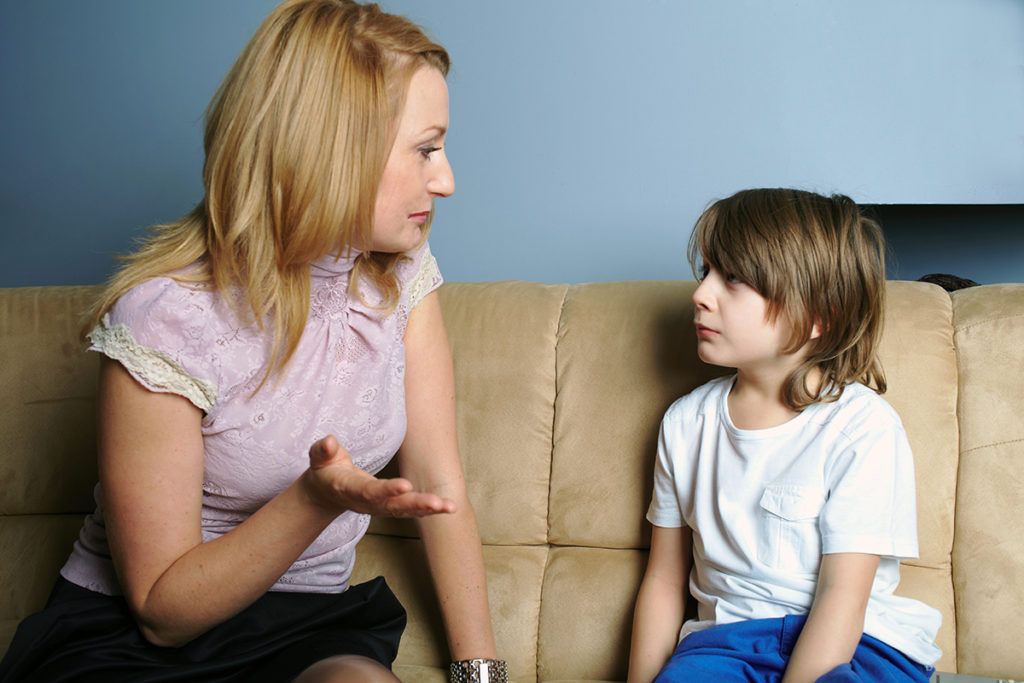
What should you say to your children about the Coronavirus?
I have been pondering how to address this issue in my blogs this week. Alan Woldfeldt, Ph.D., C.T. is an internationally noted author, educator and grief counselor. He serves as Director of the Center for Loss and Life Transition and is on the faculty at the University of Colorado Medical School’s Department of Family Medicine. Today he posted an article that has suggestions on ways to handle the topic in an age and cognitive level appropriate for our children.
As a family lawyer, I am especially sensitive to this topic for a couple of reasons:
1) Children who are part of a family in which there has been a divorce, or a divorce is pending, may be more sensitive to fears and trauma as a result of their family already suffering through the process of a separation and/or divorce
2) Children’s whose parents are separated, in a pending divorce, or divorced are probably very fearful themselves about their family’s health, safety and financial well-being. In addition to those fears, parents who are separated or divorced are hyper-sensitive to the other parent misstepping in dispensing answers about this topic to their children.
I have seen many parents doing their best to explain complex situations or questions, but when the other parent hears something about it from their child, they jump to conclusions or judgment about what the other parent said or how they said it. They may not agree with what the other parent (or even step-parent) has told the child or the way in which it was told to them. These are generally well-intentioned parents who are themselves afraid and equally fearful of their children being traumatized by information that was given to them over which they did not have control.
Most parents right now are doing their best to hold it all together.
My best advice would be to reach out to your child’s other parent and have a conversation about how and what you will tell your children about this ongoing crisis. Just like we are seeing some of the political figures now “reaching across the aisle” to work on this joint problem, I would recommend that all parents, divorced, separated, or even married look at this article by Dr. Wolfelt, talk about it, then decide TOGETHER, if at all possible, how and what you will tell your child. Sonia Bishop, an Associate Professor at the University of California, Berkeley, was interviewed recently about this question, and she reiterated what Dr. Wolfelt said and had additional thoughts: “Research suggests that children may possess the most extreme models of the world as being a safe, controllable place. Those models are reinforced by adults who try to shield them from the worst of the world. If children’s models of the world as a safe place are suddenly shaken, they may suffer anxiety or stress reactions. Hence, with COVID-19, we need to help them adjust gently. Maybe we can tell them we are staying at home more because there is a new bug that can make old people quite sick, so we don’t want to risk spreading it to them. It also helps to give them age-appropriate answers and reassurance. For example, you can tell them that children don’t seem to get very sick from it.”
We have enough problems right now without having a flood of cases being filed because one parent does not like how the other parent communicated this information about this crisis to their child. One other suggestion: try to not have the television, internet or radio on when your children are in the room or close enough to see or hear it. What comes over the TV, internet or radio is probably a lot more upsetting than any information they may hear from either parent. Remember the saying, “Little pitchers have big ears.” Let’s all try to take care of our Little Pitchers, especially at this time.
If ever there was a time to work together for you child’s mental health and emotional safety, parents, this is the time. I commend this article by Dr. Alan Wolfeldt to your reading.












